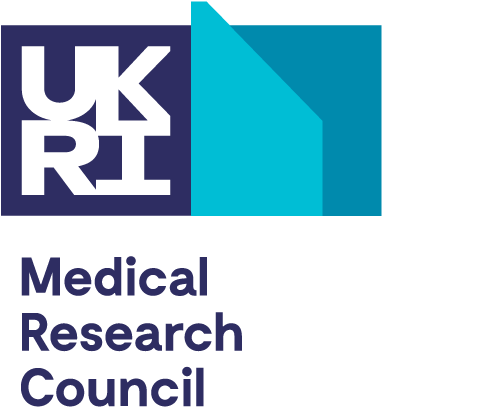You should notify your sponsor, and any review bodies that originally approved your study, when your study ends.
The Health Research Authority (HRA) provides guidance on ending your project.
Funders will also require a final report at end of study. Usually final reports will follow a standard format and be required within specific time limits. They are also likely to involve a degree of financial reporting.
Archiving research documentation
It is important to preserve research data in the longer-term for a number of reasons:
- to support open science and promote reproducibility (important for transparency)
- to provide an audit trail or an archive of the research run in your organisation
- to enable future research opportunities through data or sample sharing
Clinical trials of investigational medicinal products (CTIMPs) must be archived in line with the clinical trials regulations. Learn more on archiving in the Clinical Trials Toolkit.
The MRC Regulatory Support Centre retention framework can be used to inform decision-making about the retention of research data and related material.
Dissemination of findings
You should disseminate your research findings in a timely and appropriate fashion (for example in a peer-reviewed publication or by presenting at scientific meetings).
The HRA provides further guidance on dissemination of research findings, and have helpful resources for writing a plain language summary.
Make sure you are aware of any funder requirements when publishing your research. Public funders generally require you to publish any research papers open access. The UKRI guidance on publishing your research also includes the UKRI open access policy. Open access funding sources will depend on your organisation. This is something you can discuss with your local research office.
The EQUATOR network aims to improve the quality of published health research, by promoting transparent and accurate reporting and wider use of robust reporting guidelines (such as ARRIVE, STROBE, CONSORT, etc.).
If you believe that your research has potential for commercialisation, then universities, the NHS and funders have technology transfer offices which can help ensure your innovation is adequately protected before your findings are publicly disseminated.


